Anxiety is something any one of us can experience at any time in our lives, when things become stressful or overwhelming. For many this is situational, and feelings of anxiety will pass when the circumstances causing the distress end.
For many more, anxiety is a continual and ongoing condition labeled as an anxiety disorder and may include symptoms such as:
- Overreacting when something triggers your emotions.
- Difficulty controlling your responses to situations.
- Extreme and unrealistic worry and tension which interfere with your ability to function.
People who suffer with anxiety disorders may also experience panic attacks, phobias, fear of social situations and even fear of leaving their home. In short, there are many variations of what people might experience.
Left untreated, chronic anxiety symptoms can worsen.
Luckily, there are practices available to help. Studies are showing time and time again that yoga, and specifically applied yoga therapy, are valuable tools to help those experiencing anxiety take control of their lives back. For mild anxiety disorders, practicing yoga or working with a yoga therapist may be enough. For more severe cases, yoga therapy is a perfect adjunct to modern treatments.
When yoga practices are informed by research and applied by qualified professionals such as certified yoga therapists, yoga therapy for anxiety is a safe and accessible treatment option that people can use over the long-term. While yoga is an ancient practice, its traditional practices mirror many elements used in modern treatments for anxiety.
In the table below, I have taken some of the modern approaches to working with anxiety disorders and compared them to practices used by informed yoga therapists.
| Modern Treatments | Trauma Informed Yoga Therapy
|
| Behavioral Recommendations | Looking at and reframing lifestyle and habits |
| Relaxation Techniques Focused on Breath Regulation | Relaxation practices including breathing techniques, guided imagery, yoga Nidra |
| Mindfulness Sensory Input | Continually bringing attention to the movement of the breath and the feelings created by movements and postures. Which improve… |
| Cognitive Flexibility Cognitive Reframing | The practices of yoga create new neuropathways, improving learning, memory, attention, awareness, thought and language and the ability to change one’s way of thinking. |
| Concentration | Focus on breath, movement, sensation, sitting through meditative practices. |
| Down regulation of Stress | Appropriate breathing practices and techniques stimulate the rest and restore side of the nervous system. |
One of the beautiful things about yoga and yoga therapy is that once you have the tools, you can use them whenever and wherever you need them.
Learn More About My Upcoming Workshop Here


